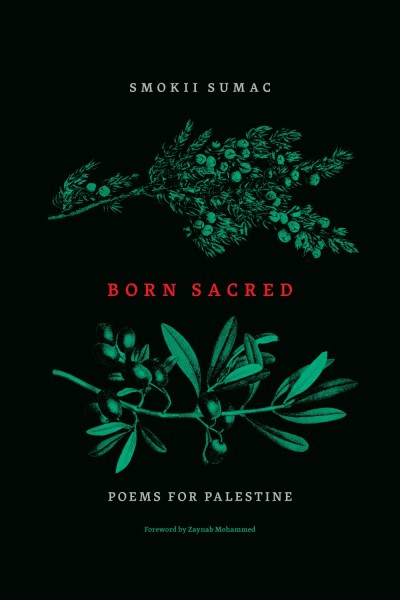
Living in Indigenous Sovereignty
This book offers inspiration and guidance for non-Indigenous peoples who wish to live honourably in relationship with Indigenous Peoples, laws and lands. A much-needed book in our time.
About the book
In the last decade, the relationship between settler Canadians and Indigenous Peoples has been highlighted by the Truth and Reconciliation Commission, the National Inquiry into Missing and Murdered Indigenous Women and Girls, the Idle No More movement, the Wet’suwet’en struggle against pipeline development and other Indigenous-led struggles for Indigenous sovereignty and decolonization. Increasing numbers of Canadians are beginning to recognize how settler colonialism continues to shape relationships on these lands. With this recognition comes the question many settler Canadians are now asking, what can I do?
Living in Indigenous Sovereignty lifts up the wisdom of Indigenous scholars, activists and knowledge keepers who speak pointedly to what they are asking of non-Indigenous people. It also shares the experiences of thirteen white settler Canadians who are deeply engaged in solidarity work with Indigenous Peoples. Together, these stories offer inspiration and guidance for settler Canadians who wish to live honourably in relationship with Indigenous Peoples, laws and lands. If Canadians truly want to achieve this goal, Carlson and Rowe argue, they will pursue a reorientation of their lives toward “living in Indigenous sovereignty” — living in an awareness that these are Indigenous lands, containing relationships, laws, protocols, stories, obligations and opportunities that have been understood and practised by Indigenous peoples since time immemorial.
Collectively, these stories will help settler Canadians understand what transformations we must undertake if we are to fundamentally shift our current relations and find a new way forward, together.
Visit for more details: https://www.storiesofdecolonization.org
Watch the book launch video here:
Activism & Social Movements Indigenous Resistance & Decolonization
Video
What people are saying
Paulette Regan, author of Unsettling the Settler Within: Indian Residential Schools, Truth Telling, and Reconciliation in Canada and Senior Researcher/Lead Writer of “Reconciliation,” Volume 6 of the TRC Final Report“A powerful decolonial reflection and call to action for settler peoples to learn how to work in solidarity with Indigenous peoples in ways that are decolonizing not recolonizing. Guided by teachings from Indigenous elders, scholars, and activists about the importance of creating relationships with kindness, humility, mutual respect and reciprocity, non-Indigenous readers can find inspiration in the life stories of settlers who speak frankly about their ongoing struggles to do this work in a good way.”
Michael Anthony Hart, Vice Provost (Indigenous Engagement), Professor, Faculty of Social Work, University of Calgary, author of Seeking Mino-Pimatisiwin and Wicihitowin“This is the most comprehensive book on anti-colonial practice focused on non-Indigenous peoples. It draws on leading scholars and advocates from across the country and incorporates a breadth of concepts that create a solid and encompassing foundation for creating change. By incorporating these ideas, perspectives, experiences and practices, non-Indigenous and Indigenous people will be well prepared for our work and parallel journey ahead.”
Contents
- Foreword By Aimée Craft, Leona Star and Dawnis Kennedy
- Acknowledgements
- Introductions
- Settler Colonialism and Resistance
- Introducing the Narratives
- Monique Woroniak
- Murray Angus
- Steve Heinrichs
- Franklin Jones
- Orienting Toward Indigenous Sovereignty
- Joy Eidse
- Adam Barker
- Susanne McCrea
- Kathi Avery Kinew
- Rick Wallace
- What Indigenous Peoples Have Asked of Us
- John Doe
- Silvia Straka
- Dave Bleakney
- Victoria Freeman
- Honourings
- Conclusions
- Afterword
- References
- Index


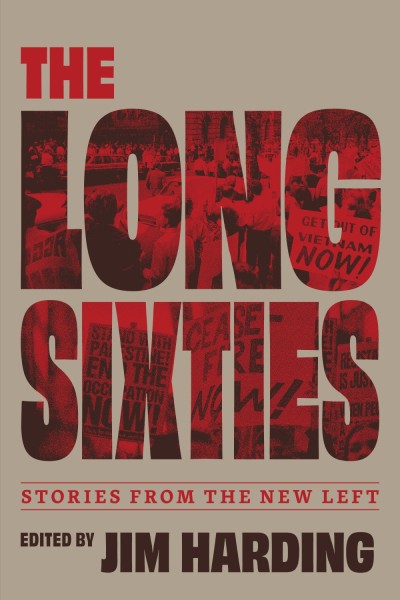
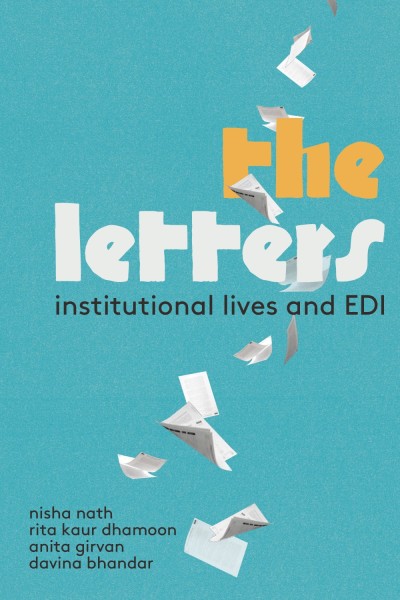
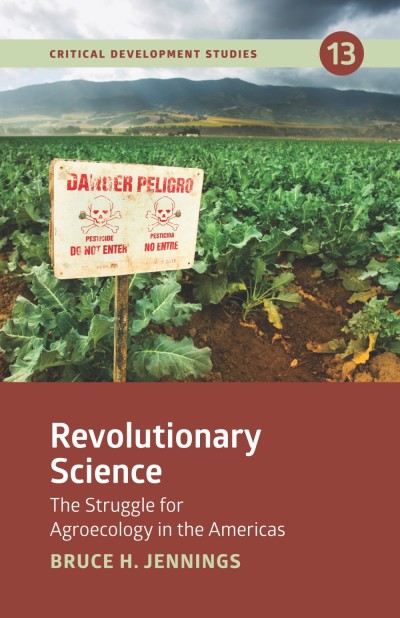
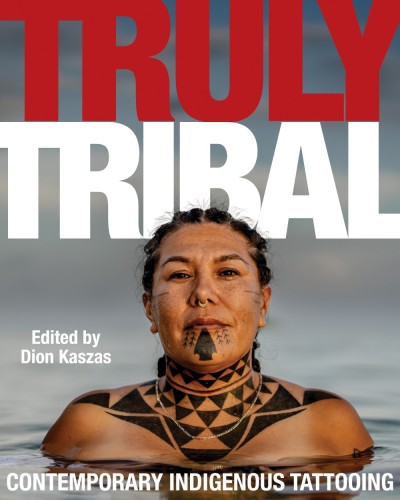
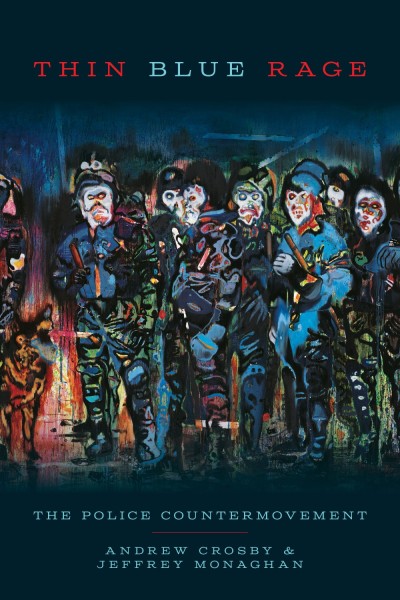
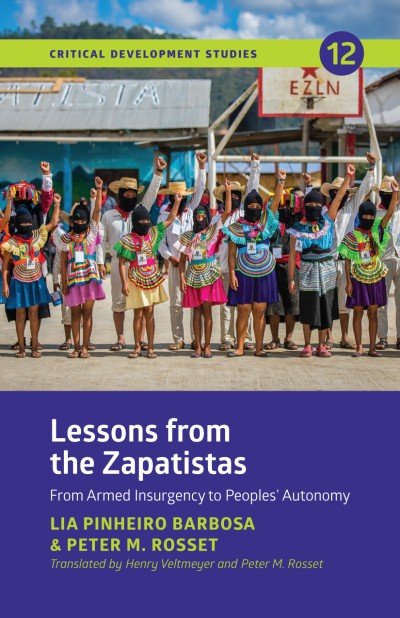
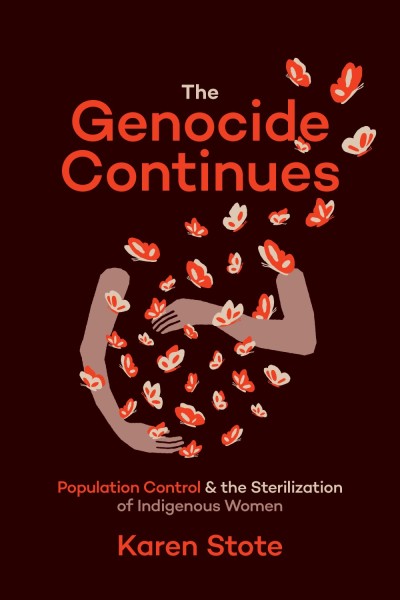
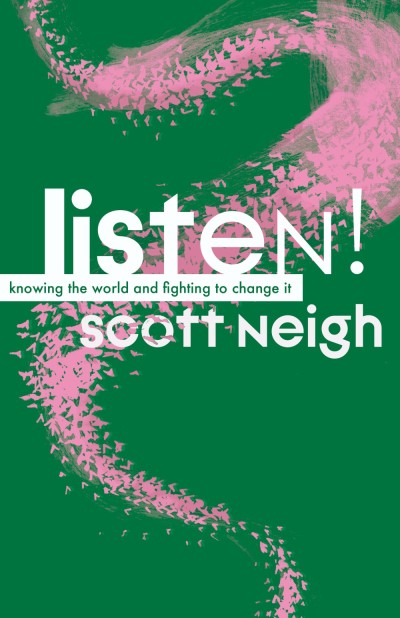
_cover-FINAL_400_600_90_s.jpg)
_cover-FINAL_400_600_90_s.jpg)
